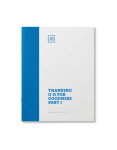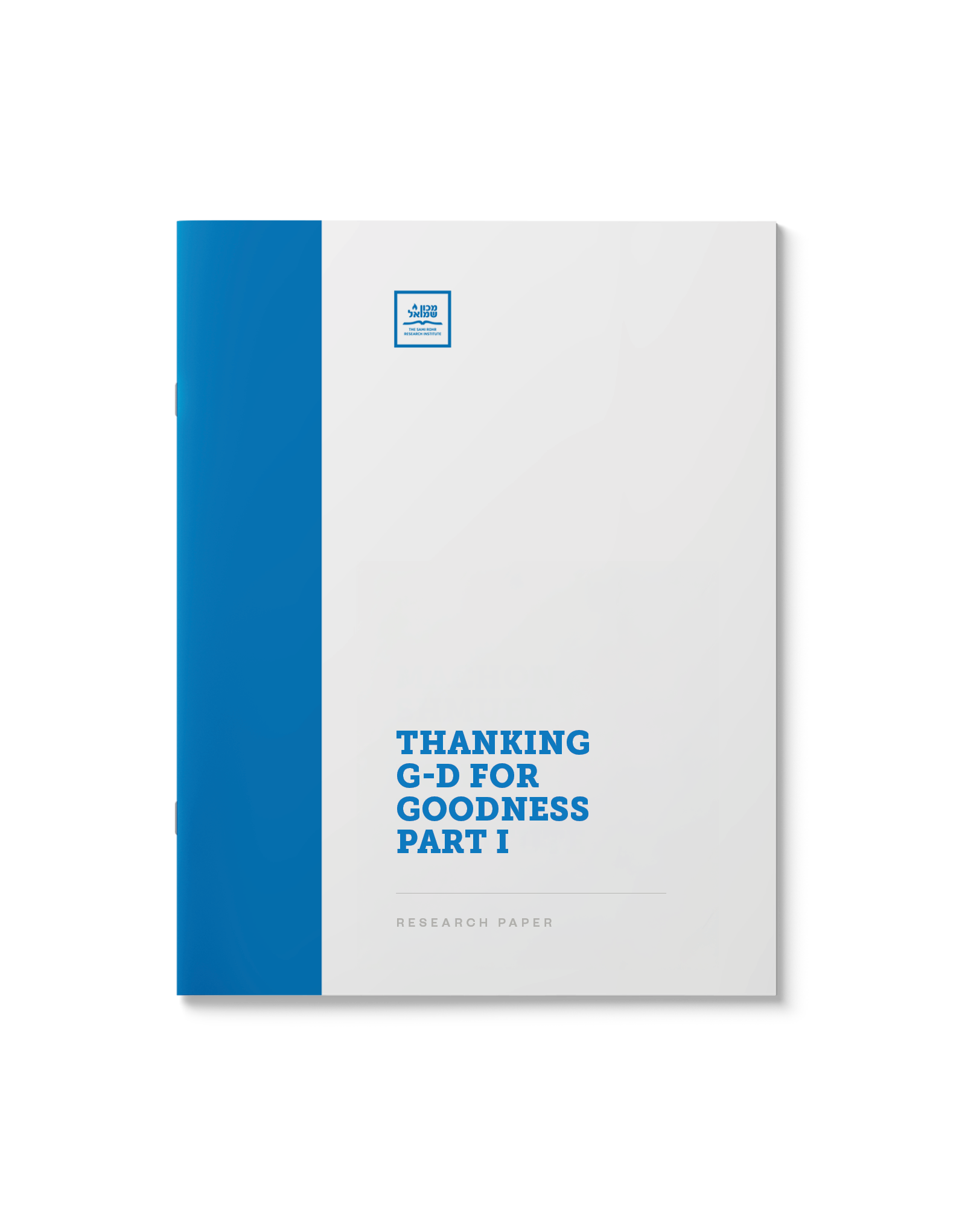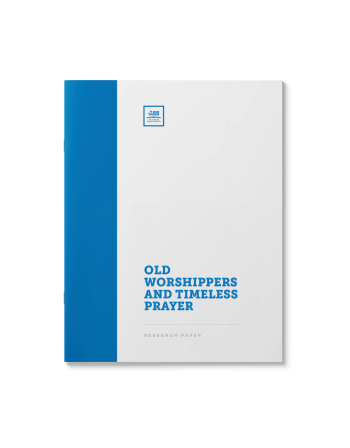Thanking G-d for Goodness Part I
$39.00
This broad analysis of Birchas HaGomel takes a modern focus: Does a domestic flight over water trigger this blessing? An international one over land? What about a missed flight that crashes? A look at the basic laws and rational behind Gomel lays the foundation to determine when and why the blessing is required. (See also Thanking G-d for Goodness Part II)
| Language | English |
|---|---|
| Paper Type | Research Paper |
| Pages | 13 |
Related Products
אמן׳ – מלה בת שלושה אותיות בלבד הטומנת בתוכה פנינים ומרגליות גם מתורת הנסתר והקבלה. מאמר המשך זה – פרק שני – בגדולתה של עניית אמן סוקר את סוד פעולת הברכה בעולם הספירות ועד המשכתה למטה על ידי עניית אמן. גדול העונה
A minyan of seniors, a common occurrence at old age homes, can be challenging. What does Jewish law say about seniors sleeping during the prayers, or seniors who are unable or unwilling to actively participate in the services?
Ana Bechoach is an ancient and mystical Jewish prayer and spells the names
of G-d acrostically. What is the meaning of this prayer?
Find out what is required of one who prays when it comes to focusing one’s mind on the Almighty. To what degree is kavanah really necessary? Are there any techniques that provide a shortcut to healthy kavanah?
Part IV in a Series
G-d’s benevolence is all around us. Every day we experience divine salvation whether we know it or not. But sometimes these events truly transcend the natural order for which we owe G-d an additional debt of gratitude.
What is the appropriate way to express thanks to G-d when experiencing deliverance from danger? Is it preferable to do so discreetly or is a public celebration in order? What is the basis for the common custom of inviting friends to participate in a Seudas Hoda’ah (feast of gratitude)?
Related: Thanking G-d for Goodness Parts I and II
Who is obligated to bless the moon? What is
the meaning behind its prayers and rituals? Discover why the moon hangs high in
Jewish thought in this review of its laws and customs.
The greatest cantorial pieces call for the
repetition of certain words. When is this allowed? What is the issue? And what
role, if any, does the Chazzan play in Chabad philosophy?
If Birkat Kohanim is one of Judaism’s most cherished blessings, why outside of Israel today is it so rarely recited? Why in Jerusalem is it sung daily, but only seldom in the Diaspora? Why do we seem to disregard how Shulchan Aruch regulates Birkat Kohanim?
As an expression of honor and submission, bowing before an authority has always been common. In Jewish prayer, numerous segments are associated with bowing and prostration. What are some of the reasons for bowing during the recital of Modeh Ani, Barchu, the Amida, Aleinu and during the Yom Kippur service?
Piyutim are liturgical poems that are chanted during prayer primarily on the High Holidays, with some dating back many generations. What is their status in Jewish law? Must they all be recited or can they be omitted? What do we know about their origin and evolution? How important is it to adhere to local custom?
Prayer has always been a pillar of the Jewish tradition. It is often wondered: if Judaism most values action, what is the significance of uttering liturgy composed thousands of years ago, several times a day?
(includes 30 pages of supplementary material)
Part I in a Series
A digest of the philosophy behind communal prayer. What makes it so valuable? What purpose does it serve? Does the prayer of the individual not achieve the same as the prayers of a congregation? A look at the deeper meaning of tefilah b’tzibbur.
Table of Contents















